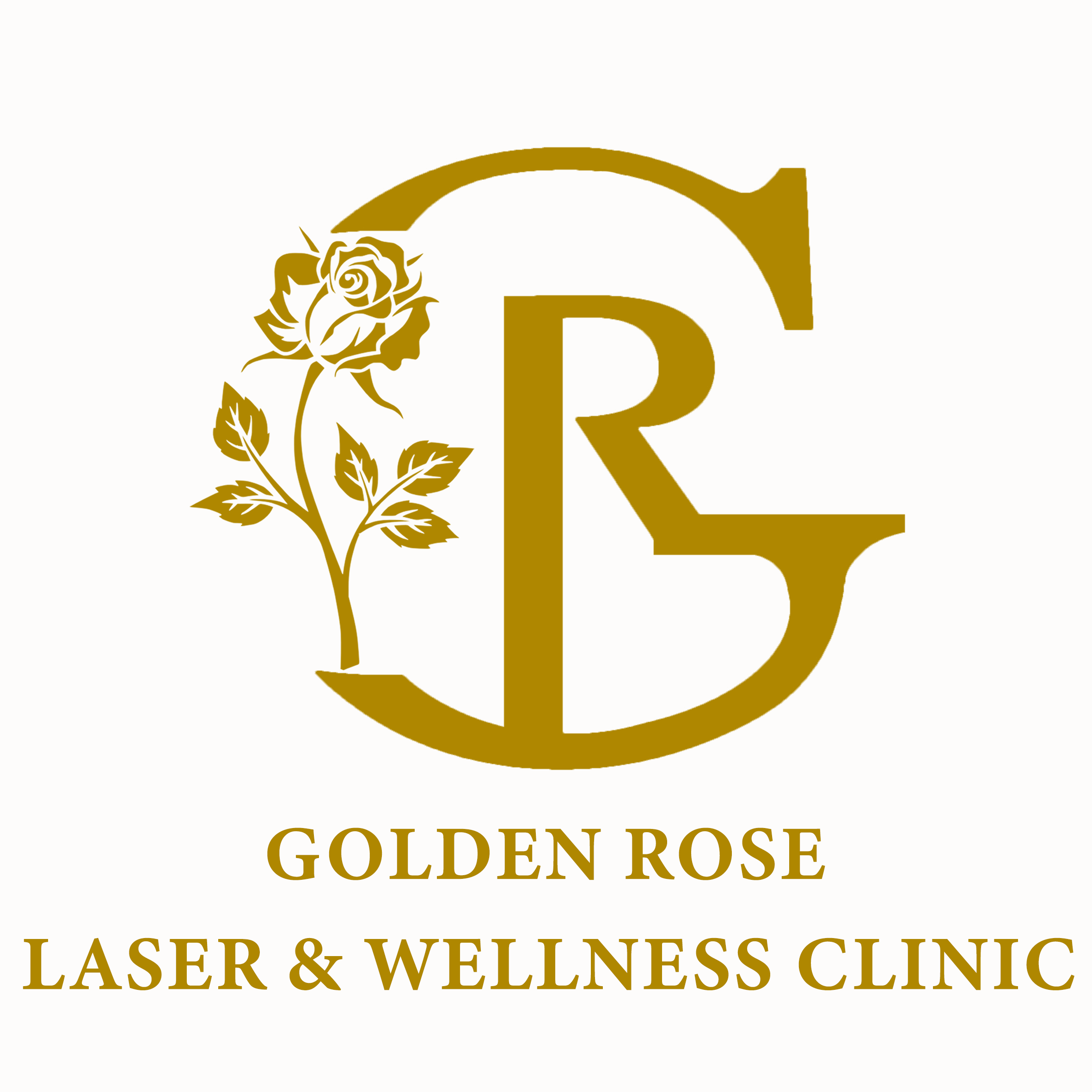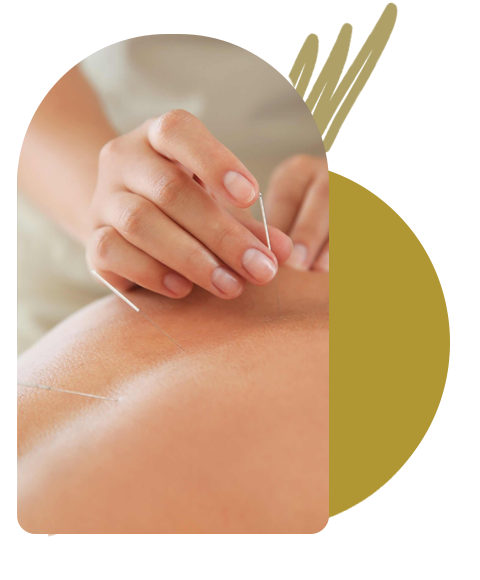General Acupuncture
Acupuncture is a key component of traditional Chinese medicine (TCM) that has been practiced for thousands of years. It involves the insertion of thin, sterile needles into specific points on the body, known as acupuncture points or acupoints, to stimulate the body's natural healing processes and restore balance to the flow of energy, or Qi (pronounced "chee"), within the body.
Acupuncture is used to treat a wide range of health conditions and concerns, including:
1. Pain management: Acupuncture is often used to relieve pain associated with conditions such as arthritis, migraines, back pain, and menstrual cramps.
2. Stress and anxiety reduction: Acupuncture can help promote relaxation, reduce stress, and improve overall emotional well-being.
3. Digestive disorders: Acupuncture may be beneficial for digestive issues such as irritable bowel syndrome (IBS), indigestion, and nausea.
4. Respiratory conditions: Acupuncture is sometimes used to alleviate symptoms of asthma, allergies, sinusitis, and other respiratory conditions.
5. Women's health: Acupuncture may be used to regulate menstrual cycles, alleviate symptoms of menopause, and support fertility.
6. Mental health: Acupuncture can be a complementary therapy for conditions such as depression, insomnia, and post-traumatic stress disorder (PTSD).
During an acupuncture treatment, the acupuncturist will carefully insert thin needles into specific acupoints on the body, often in combination with other techniques such as moxibustion (the burning of mugwort herb near the skin) or cupping (the application of suction cups to the skin). The needles are typically left in place for about 15 to 30 minutes, during which time patients may experience sensations such as warmth, tingling, or a dull ache.





